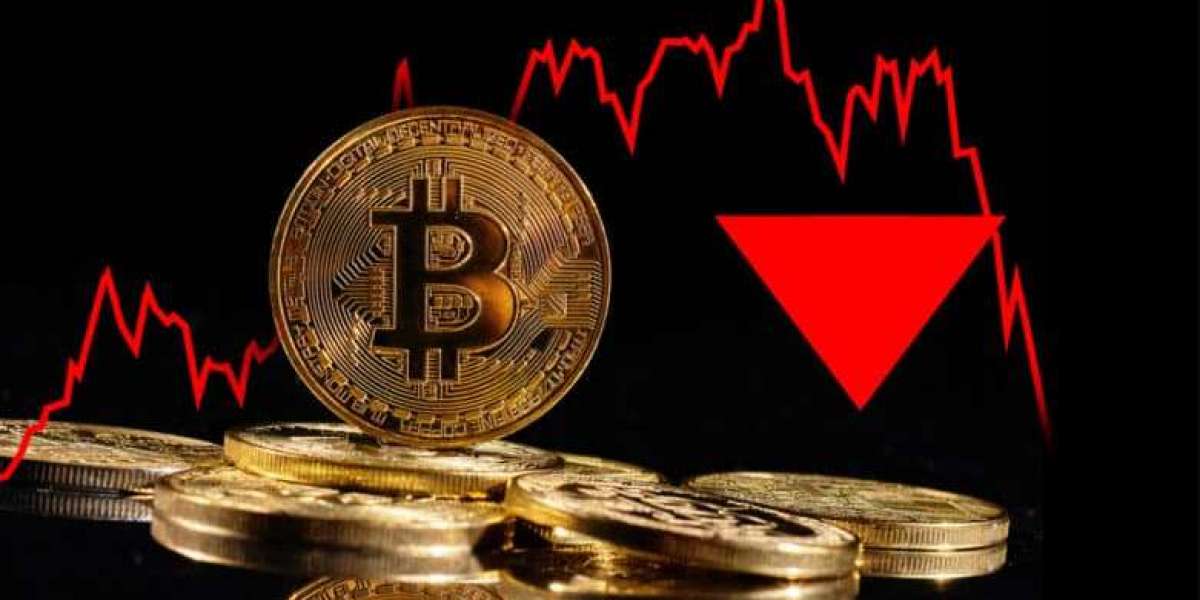Crypto-industry stress continues to mount against a backdrop of tightening monetary policy, and Bitcoin has now fallen below the $20,000 mark for the first time since December 2020.
At the crack of dawn on Saturday in London, the largest token by market value had fallen by more than 9 percent to $18,740.52, marking a record-breaking 12th straight day of losses, according to statistics from Bloomberg.
The price of Ether fell over 11% to $975.24, the lowest level since January 2021, after it breached $1,000.
In a note on Friday, Alkesh Shah, head of crypto and digital asset strategy at Bank of America Corp., stated that "investors are continuing to position defensively following last year's liquidity-driven digital asset bull market."
Investors will shift their attention to projects with clear road maps to cash flow and profitability rather than purely revenue growth if the froth in the sector is removed.
There has been a toxic mix of bad news cycles and increased interest rates, which has been detrimental to riskier assets like cryptocurrency. This has contributed to a decline of almost 70 percent in Bitcoin's price since it reached its all-time high in November.
After a three-quarters of a percentage point hike on June 15, the Federal Reserve signaled that it intends to keep raising interest rates rapidly this year in order to rein in inflation.
As a result of Terra's demise last month, and the subsequent decision by crypto lender Celsius Network Ltd. to stop withdrawals, there are now more widespread signals of concern.
Three Arrows Capital, another crypto hedge fund that experienced significant losses and announced it was seeking asset sales or a bailout, joined Celsius and Babel Finance in declaring bankruptcy on Friday, adding to the gloom. According to analyst Glassnode, even long-term holders who have avoided selling are feeling the pinch today.
MORE ARTICLES
Death Spiral for Crypto? Binance's Volumes in 2022 Will Be the Same as $34 Trillion in 2021
10 Alternative Cryptocurrencies to Keep an Eye Out For in 2022.
Altcoins hold their respective support levels and start moving up.
Oanda's Edward Moya, a senior market analyst, wrote in a note on Thursday that "surging recession fears are hobbling enthusiasm for risky assets and that has crypto traders remaining wary about buying Bitcoin at these lows." It's been a bad news cycle for cryptos, according to the media.

Bloomberg's cryptocurrency monitor showed that all altcoins were trading in the red following the decline in Bitcoin's value.
Tokens with privacy features like Monero and Zcash dropped as much as 10% in 24 hours on Saturday, while Cardano and Solana fell by as much as 7% in the same time period.
There have been issues with stablecoins, a sort of cryptoasset that is tied to the value of a fiat currency like the dollar.
Net withdrawals from four of the top stablecoins were 4.5 times bigger last week than the preceding week, according to Shah, who has recorded net outflows for eight of the previous ten weeks.
Investors are on the defensive, he said, because stablecoins are frequently relied upon by crypto traders to move funds throughout the ecosystem without requiring an outflow into traditional currencies.
Even though the price of Bitcoin has breached the $20,000 barrier, historical evidence shows that the currency may still find critical support around that figure, according to Bloomberg Intelligence analyst Mike McGlone.
In a note he published on Wednesday, he predicted that bitcoin might "establish a base around $20,000 like it did at roughly $5,000 in 2018-19 and $300 in 2014-15." Prices and volatility are rising as the digital store-of-value matures.
This year's cryptocurrency market is a fraction of what it was in 2021, when Bitcoin was trading at $69,000 and investors were pouring money into all kinds of investments.
On Saturday morning, the global market value of cryptocurrencies was $880 billion, down from $3 trillion in November.
At this point in time, sentiment in crypto markets is that "the unknown unknowns" are the most crucial, according to a note published on Thursday by Genesis Trading's Ainsley To, Noelle Acheson, and Konrad Laesser.
Counterparty risk revival serves as a reminder that not all risk can be accurately measured." You can never think of everything, and that is where risk comes in.




Alphonsus Odumu 5 w
BTC price drop